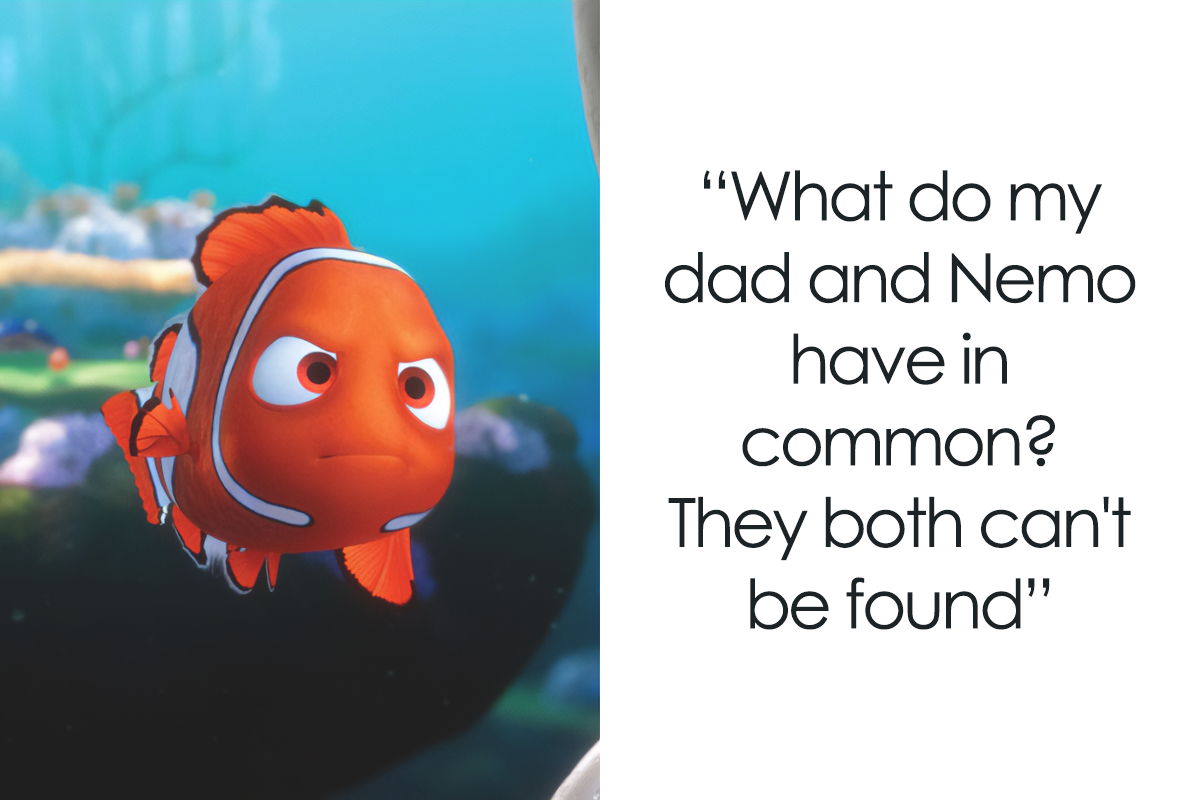Can laughter truly be found in the shadows? Yes, because dark humor, a comedic style that fearlessly treads where others dare not, can be a powerful tool for understanding and even embracing the complexities of life. This exploration delves into the world of dark humor, examining its origins, its psychological underpinnings, and its pervasive presence in our society.
This analysis will navigate the often-turbulent waters of comedic boundaries and ethical considerations. It seeks to provide a balanced perspective, acknowledging the sensitivities of diverse audiences while appreciating the unique art of humor. Whether you are a staunch supporter of dark humor or cautiously curious, prepare for an insightful examination.
Table of Contents
- What is Dark Humor?
- The History of Dark Humor
- The Psychology Behind Dark Humor
- Examples of Dark Humor Jokes
- Dark Humor in Media
- Ethics and Dark Humor
- The Future of Dark Humor
What is Dark Humor?
Dark humor, also known as black comedy or gallows humor, is a comedic approach that finds humor in subjects generally considered serious, taboo, or distressing. This form of comedy frequently engages with themes such as death, illness, war, and tragedy, challenging societal norms and sensitivities in the process. The very nature of dark humor lies in its capacity to bring levity to dire circumstances, and in many cases, it functions as a vital coping mechanism for individuals navigating difficult situations. It has the capacity to serve as social commentary, stretching the boundaries of what is deemed acceptable and encouraging audiences to confront uncomfortable truths with a smile.
- Tom Cruises Height How It Impacts His Career Public Image
- Adriana Lima In The 2000s Her Iconic Era Fashion Legacy
The History of Dark Humor
The roots of dark humor stretch back centuries, woven into the fabric of literature and social commentary. The origins of this comedic style can be traced to ancient texts, where writers like Shakespeare masterfully integrated elements of dark comedy into their plays. His works, for instance, frequently explored themes of death, betrayal, and loss, utilizing humor as a means of provoking thought and reflection on the human condition.
In the modern era, particularly during and after pivotal historical events like World War II, dark humor gained wider recognition and appreciation. Comedians such as George Carlin and Lenny Bruce fearlessly employed dark humor to dissect social issues and critique the absurdities of life. Their innovative approaches paved the way for future generations of comedians to explore similar themes, pushing the boundaries of what was considered acceptable in the world of comedy.
The Psychology Behind Dark Humor
The allure of dark humor for some individuals can be understood through a look into the psychological underpinnings that drive its appeal. Here are some of the key reasons behind its enduring popularity:
- Noah Lalonde From Indie Pop To Rising Star The Full Story
- Discover Simon Helberg From Big Bang To Beyond
- Coping Mechanism: Dark humor can act as a vital coping strategy for individuals dealing with trauma or loss, offering a way to process their experiences through laughter.
- Social Bonding: The act of sharing dark jokes often fosters a sense of camaraderie among those who share similar experiences or perspectives, ultimately leading to deeper connections and a sense of belonging.
- Intellectual Challenge: Many individuals are drawn to dark humor because of its complexity, appreciating the mental gymnastics required to decipher the punchlines and underlying messages. It encourages critical thinking and a deeper engagement with the subject matter.
Examples of Dark Humor Jokes
To better illustrate the nature of dark humor, here are a few examples:
- "I have a joke about death, but its a bit of a killer."
- "Why don't graveyards have Wi-Fi? Because people are just dying to get in."
- "I told my wife she was drawing her eyebrows too high. She looked surprised."
These jokes, while potentially humorous to some, may evoke discomfort in others. This highlights the inherent subjectivity of humor and underscores the crucial importance of context.
Dark Humor in Media
Dark humor has secured a prominent position in various forms of media, from television shows and movies to literature. Shows like "The Addams Family" and "South Park" have masterfully combined dark themes with comedic elements, capturing significant audiences and sparking debates about societal issues. These examples demonstrate the power of dark humor to resonate with a broad audience.
Moreover, films like "Dr. Strangelove" and "American Psycho" exemplify how dark humor can critique societal norms and human behavior. They often leave viewers contemplating the deeper meanings beyond the laughter, inviting reflection on the human condition. The use of dark humor in these works underscores its ability to challenge conventional thinking and explore the complexities of the human experience.
Ethics and Dark Humor
The ethical implications of dark humor are a source of ongoing debate, with a spectrum of perspectives. Some maintain that dark humor provides a necessary outlet for discussing difficult subjects, while others express concern that it might perpetuate harmful stereotypes or trivialize serious issues. The debate often centers on the potential for jokes to cause unintended harm.
Here are some key ethical considerations to bear in mind when discussing dark humor:
- Audience Sensitivity: Understanding your audience is crucial when delivering dark humor. What one person finds amusing, another may consider offensive. Consideration for the diverse backgrounds and experiences of your audience is essential.
- Context Matters: The context in which a joke is shared significantly influences its reception. Timing and setting are critical factors that shape how the audience interprets and responds to the humor. A joke that is appropriate in one setting might be deeply offensive in another.
- Avoiding Harm: Being mindful of the potential impact of dark humor on marginalized groups or individuals dealing with trauma is crucial. It's important to ensure that humor does not inadvertently cause pain or reinforce harmful stereotypes.
The Future of Dark Humor
The trajectory of dark humor remains uncertain, especially as societal norms continue to evolve. The rise of social media and heightened awareness of social issues presents comedians with a complex landscape that requires them to strike a balance between humor and sensitivity. They must navigate this challenging terrain with care.
As audiences become more vocal about their preferences and boundaries concerning humor, the landscape of dark humor is likely to adapt accordingly. Comedians who can skillfully navigate these shifts while maintaining their comedic integrity will continue to thrive. Their ability to evolve and adapt to the changing social climate will be crucial for their success.
- Wegovy Before After Real Weight Loss Transformations Results
- Unveiling Pete Sampras The Legends Rise Tennis Legacy

